Author Archive
“It’s the coolest part about writing, that you never know where it is going to wash up”: An Interview with Maggie Smith
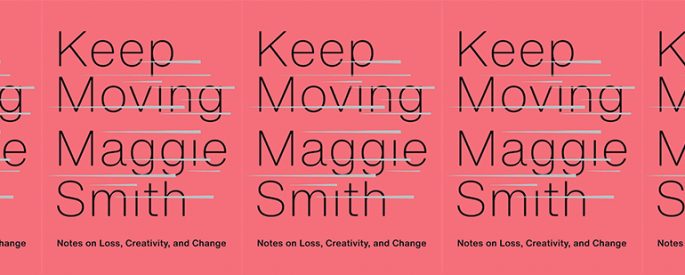
Smith’s first nonfiction offering is a product of a project she took on in a time of grief: she took to Twitter to offer herself a daily public pep talk in the form of three sentences or less. The resulting works, segmented in the book by paragraphs of hindsight
“When does that line between the real and imagined begin to blur?”: An Interview with Sulaiman Addonia
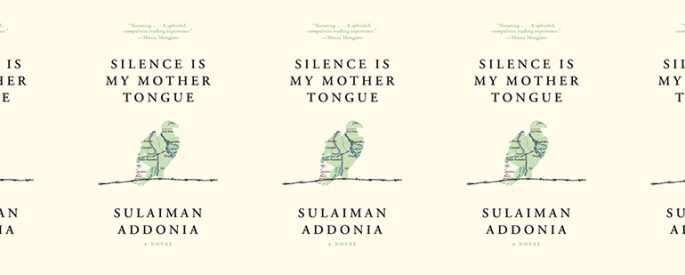
While Addonia’s new novel gives us innumerable examples of what is missing from the lives of his characters, living in a refugee camp after their country is swept into war, each is combatted with a bout of illusion, a tactic to conquer the absences and to enliven what remains:
“Racism makes it difficult to love yourself”: An Interview with Matthew Salesses
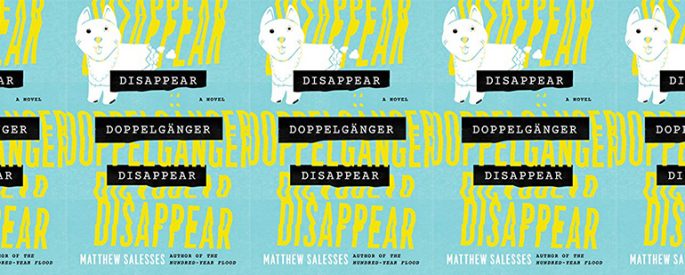
Salesses has written a novel of doppelgängers that begins forging its own double, attempting to confront the vast problems of racial inequality both in its plot and in its meta-structure, asking if there might be a parallel world for our own, one where these injustices could be corrected—or if
“One only reads a novel for the first time once”: An Interview with Alex Landragin
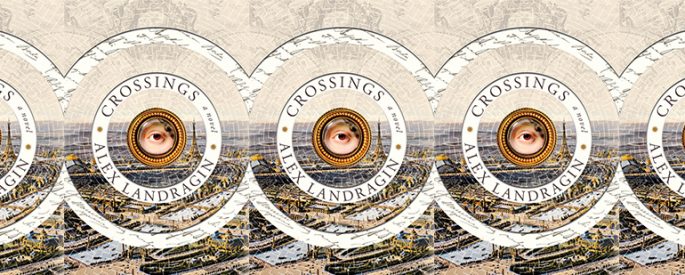
Landragin’s new book can be read in paginated order, moving through each of the three books within in turn, or it can be read in the “Baroness Sequence,” which leads the reader through all three books simultaneously, following notes within page footers à la the Choose Your Own Adventure
“I think writers should write exactly as they please”: An Interview with Kathryn Scanlan
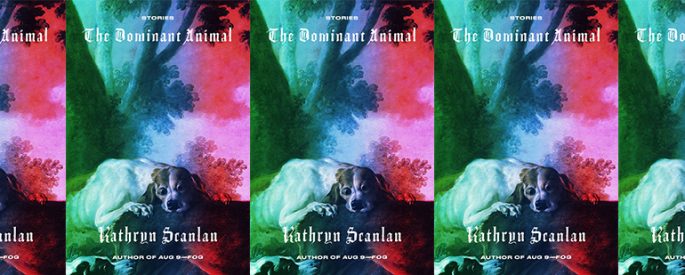
Scanlan’s new collection challenges literary norms, making a story do more than perhaps we previously thought possible.
“One of the things I love most about literature is the possibility of inhabiting someone else’s consciousness”: An Interview with Kawai Strong Washburn
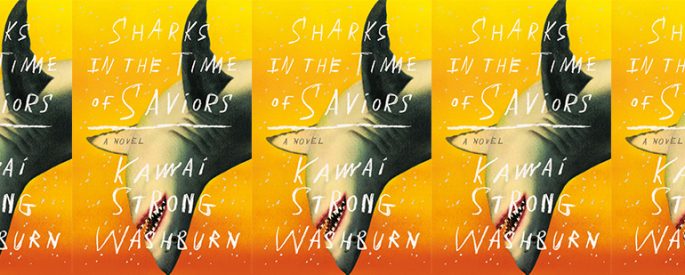
From four perspectives, Washburn’s new novel tells the story of a family slipping apart, colliding with the rest of the world, hoping for the fulfillment of their hopes and dreams.
“I think historically art and literature have had a role in social and political change”: An Interview with Deb Olin Unferth
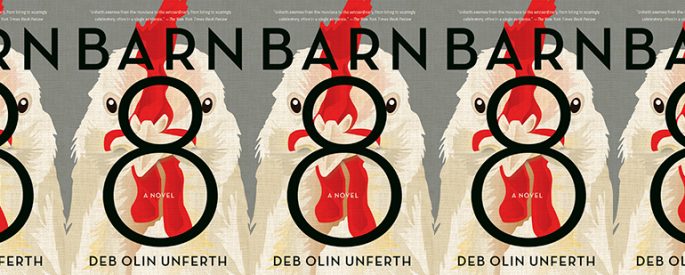
Deb Olin Unferth’s latest foray into the socio-political, an action-adventure novel with touches of humor, is built around an anti-big-ag upheaval though rooted in the fragile relationships we cling to in a chaotic, inspiring, and often difficult world.
“This book feels like engaging in a larger conversation”: An Interview with Charles Yu
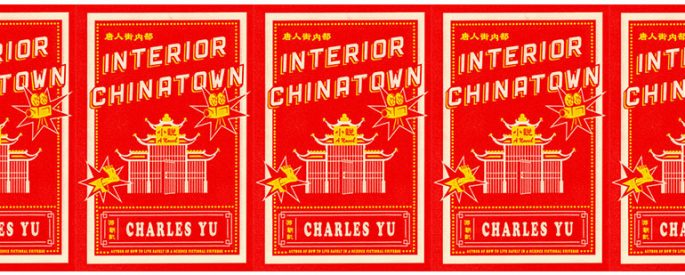
Yu is a master at mixing the artful, the humorous, and the meaningful atop new landscapes, and his new novel, the first to delve into conversations around race and ethnicity, is no exception.
Pieces for Small Orchestra
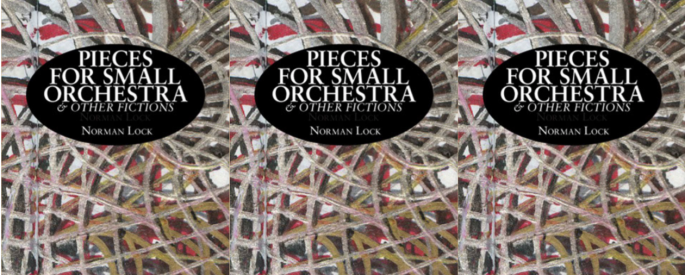
Norman Lock (illustrations by Sasha Meret) Spuyten Duyvil Press, April 2011 166 pages $16.00 On the surface, Norman Lock’s recent book, Pieces for Small Orchestra, is a collection of two novellas and two stories. Really, it’s a book of many books, all doling out the life (and dream-life) of
- 1
- 2